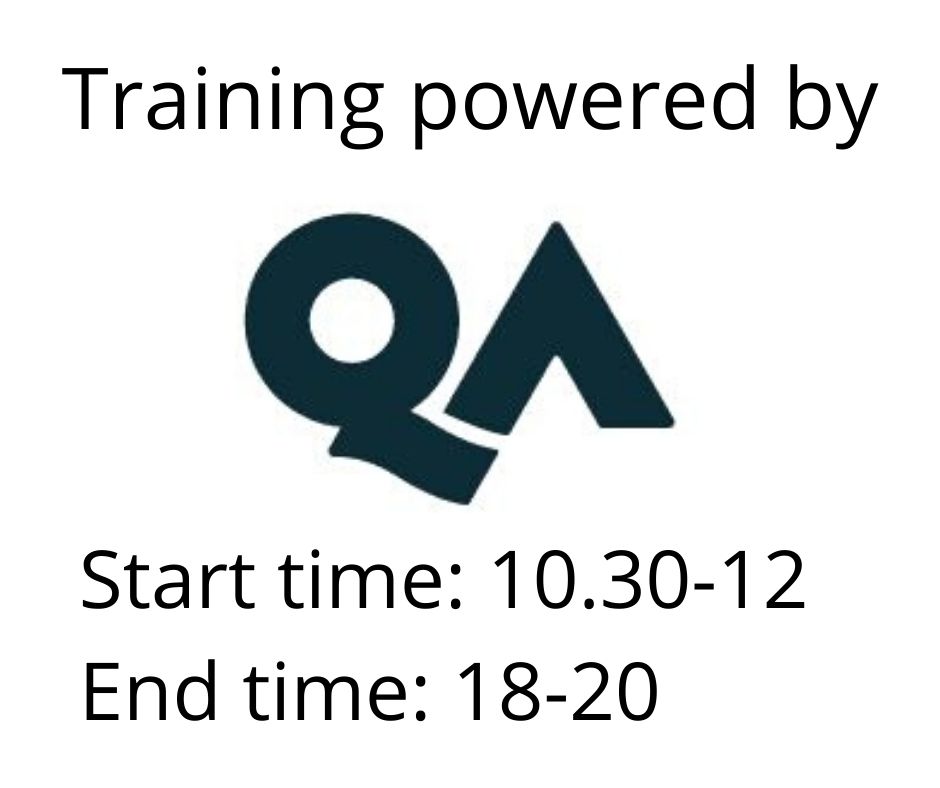BCS Certificate in Modelling Business Processes
Osallistumismuoto
Remote
Duration
3 days
Price
2964 €
Target Group
In order to deliver radical and beneficial change, business analysts must be able to identify, evaluate and improve business processes.
The use of modelling techniques facilitates a methodical and effective approach to defining change requirements. This allows public and commercial sector organisations to achieve significant improvements in the efficiency of their operations and the effectiveness of their product and service delivery. This course will help business analysts deal with these challenges. It will equip delegates with the process modelling skills that are fundamental to the successful improvement of the business.
Following your course you will be sent an email from BCS asking you to register for your exam. Once you have registered and your exam results become available then you will be able to log back into your account and view your results.
This course may be taken as part of the QA programme leading to the BCS International Diploma in Business Analysis.
Goal
At the end of this course you will be able to:
- Identify and model core business processes at an organisational level
- Identify and model business processes at the process level identify the events that trigger the business processes identify the outcomes from the business processes
- Model the actors, tasks and process flows that comprise a business process analyse the tasks within a business process
- Identify the business rules applied within tasks analyse the performance issues of individual tasks
- Identify the performance measures applied within a business process analyse and improve business processes
Prerequisites
There are no specific pre-requisites for this course. This course is suitable for those wishing to identify, model, evaluate and improve business processes, and/or attain the BCS Certificate in Modelling Business Processes.
If you are taking a BCS exam you must bring photographic identification with you (passport, driving license or student card), as it is a BCS requirement to produce it for the invigilator prior to the exam. Failure to produce a valid form of photographic identification will result in a candidate not being able to sit the exam. For any questions about what form of identification is acceptable please contact your Account Manager or the QA Examination Administration team on 44 (0)1793 696273.
BCS allow additional time for candidates who have a disability or whose native language differs to that of the examination paper. Full details are provided in the BCS Reasonable Adjustments Policy which is available to view on the BCS website. If you believe you qualify for this then please notify the Exam Administration team on the details below as early as possible. At least two weeks' notice will be required for processing this request. Delegates failing to advise QA and provide evidence when requested, may not be allowed the additional support offered via the BCS policy. QA Exam Administration can be contacted by email exam.admin@qa.com or by phone 44(0) 1793 696162.
Course Content
The context for business process modelling
Purpose of business process modelling; Process for business process modelling; Approaches to business process modelling; The hierarchy of business processes -organisation, process and task levels; Differences between the process view and the functional view of an organisation; Advantages of the process view Organisational model of processes Strategic context for business processes; Relationships between processes, including those at the same level and between levels of hierarchy; Building an organisational view of processes; Delivering value to customers and the value proposition
Modelling the business processes
Using activity diagrams to model business processes - actors, tasks, process flows, decisions; Modelling as-is business processes; Events that trigger business processes -external, internal, time-based; The outcomes from business processes; Timelines for business processes; Business process measures
Documenting tasks
Identifying tasks - one person, one place, one time; Documenting steps to complete the tasks; Documenting business rules; Task performance measures
Evaluating and improving business processes
Identifying problems with the as-is business processes; Analysing the process flow; Analysing the handoffs; Analysing the tasks; Staff performance issues; Challenging the business rules; Modelling the to-be business processes; Approaches to business process improvement
Transition
Integration of business process modelling and requirements definition; Implementation issues (Approaches - pilot run, direct changeover, parallel; Organisational design; Role definition; Staff development; Managing change implementation
Exam preparation
Practice exam questions
Throughout the course, case studies are used to reinforce and practise the topics discussed
Price 2964 € +vat
